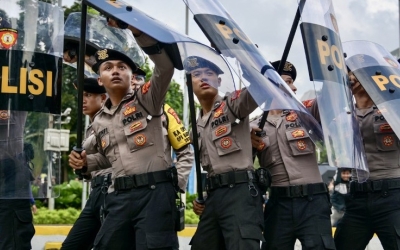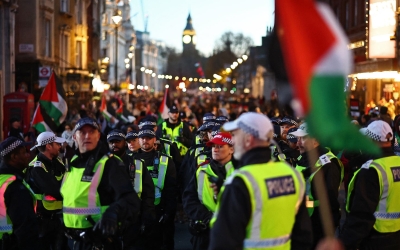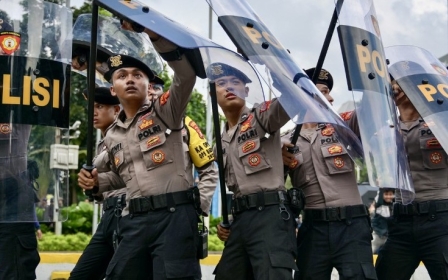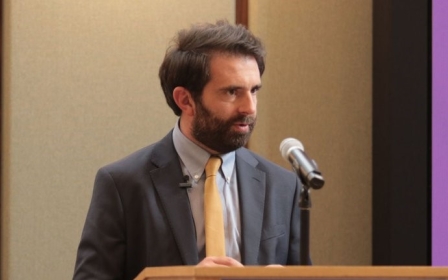UN report calls for UK to pay reparations over Prevent abuses
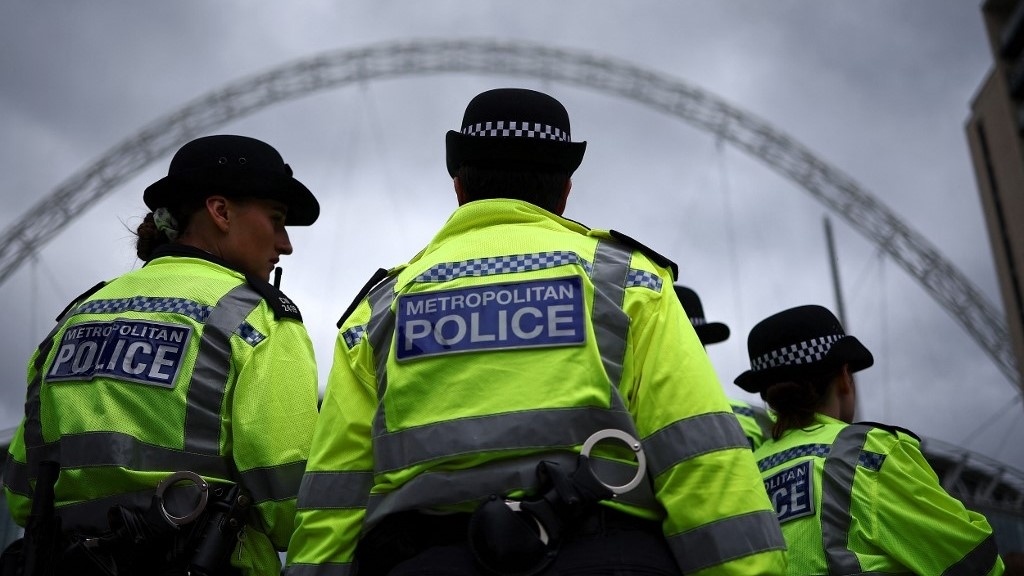
A United Nations report has slammed the UK’s counter-terrorism policies and called for the suspension of Prevent, as well as advocating reparations for people abused under the programme.
This significant intervention heavily criticises the previous Conservative government’s approach to “counter-terrorism” and “counter-extremism” for negatively impacting British Muslims,
It also places the new Labour government under renewed pressure to reform the policies.
The United Nations Committee on the Elimination of Racial Discrimination (CERD) is expected to publish its concluding observations on submissions made by the UK government in Geneva on 13 and 14 August.
An advance copy of the report, seen by Middle East Eye, says that British counter-terrorism strategies “have created an atmosphere of suspicion towards members of Muslim communities and continue to have a negative impact on the exercise of their rights to freedom of expression, education, health and freedoms of religion and peaceful assembly.”
New MEE newsletter: Jerusalem Dispatch
Sign up to get the latest insights and analysis on Israel-Palestine, alongside Turkey Unpacked and other MEE newsletters
The committee levelled specific criticism at the UK’s controversial Prevent strategy.
Prevent targets all forms of “extremism”, and requires public sector workers - including doctors, teachers and nursery staff - to report signs of potential radicalisation and "prevent people being drawn into terrorism".
The UN committee said it is “particularly concerned about the high number of interventions and referrals of persons belonging to Muslim communities, especially children, to the Prevent programme, including by teachers, health and other public sector personnel.
“It is also concerned about the lack of effective guarantees against abuse and of lack of adequate access to important personal information such as recorded in police files.”
The report strikes a blow to the conclusions of the Conservative government’s review of the policy in February 2023, which said Prevent needed to target “Islamist” terrorism more, and suggested that this threat was being downplayed for fear of causing offence.
In contrast, CERD has argued that Prevent disproportionately targets Muslims.
The committee has called on the UK government to “revise” its counter-terrorism strategies: “With a view to eliminate any discriminatory and disproportionate impact on the human rights and fundamental freedoms of members of ethnic and ethnoreligious minorities, including children.”
Significantly, the committee has recommended that the government “suspend” Prevent “and adopt robust measures to guarantee that while these counterterrorism strategies remain in force, they do not result, in purpose or effect, in profiling and discrimination”.
The report further calls for people affected by “abuse of the existing measures” to be given access to “adequate reparations” - including “children and their families”.
New 'counter-extremism' strategy
The report by the UN comes less than a week after the British Home Secretary Yvette Cooper commissioned a rapid review to inform a new “counter-extremism” strategy on tackling “extremist ideologies”.
She vowed to crack down on people “pushing harmful and hateful beliefs” and accused Prevent of being out of date.
During the UK’s submission to the CERD, the government said it planned to bolster Prevent training to better spot signs of radicalisation.
The CERD’s report takes aim at a range of government policies. It criticises another counter-terrorism policy, Schedule 7, which gives police and some immigration officers the power to hold people at airports and ports for six hours without any cause for suspicion.
The report expresses concern that the policy has a “disproportionate impact on ethnic minorities”.
Rights & Security International, which provided evidence to the committee, said: "We are pleased that CERD has agreed with the multitude of academic and civil society research showing that Prevent is racist, while recognising our long-held concerns that there is no way for the government and the police to assess the strategy's discriminatory impacts.
"The government must now scrap Prevent."
Dr Layla Aitlhadj, director of Prevent Watch, told MEE: “The UN CERD's findings reinforce what civil society organisations and UN Special Rapporteurs have been warning about for nearly two decades.”
“This is a crucial moment for the new government to acknowledge these human rights failures and take decisive action to suspend Prevent and fundamentally rethink its approach to counter-terrorism.”
Reem Abu-Hayyeh, racial justice campaigner at Amnesty International UK, told MEE the group welcomes CERD's findings.
“It is essential that there is an independent monitoring mechanism and access to prompt and effective remedies for people affected by Prevent, a call which mirrors Amnesty's recommendations from our research into the human rights violations caused by Prevent.
“With its current review of its counter-extremism strategy, the UK government has an opportunity to chart a new path forward. They must seize the opportunity to do so by ensuring that scrapping Prevent is within its parameters without seeking to replace it with something similar."
Middle East Eye delivers independent and unrivalled coverage and analysis of the Middle East, North Africa and beyond. To learn more about republishing this content and the associated fees, please fill out this form. More about MEE can be found here.


